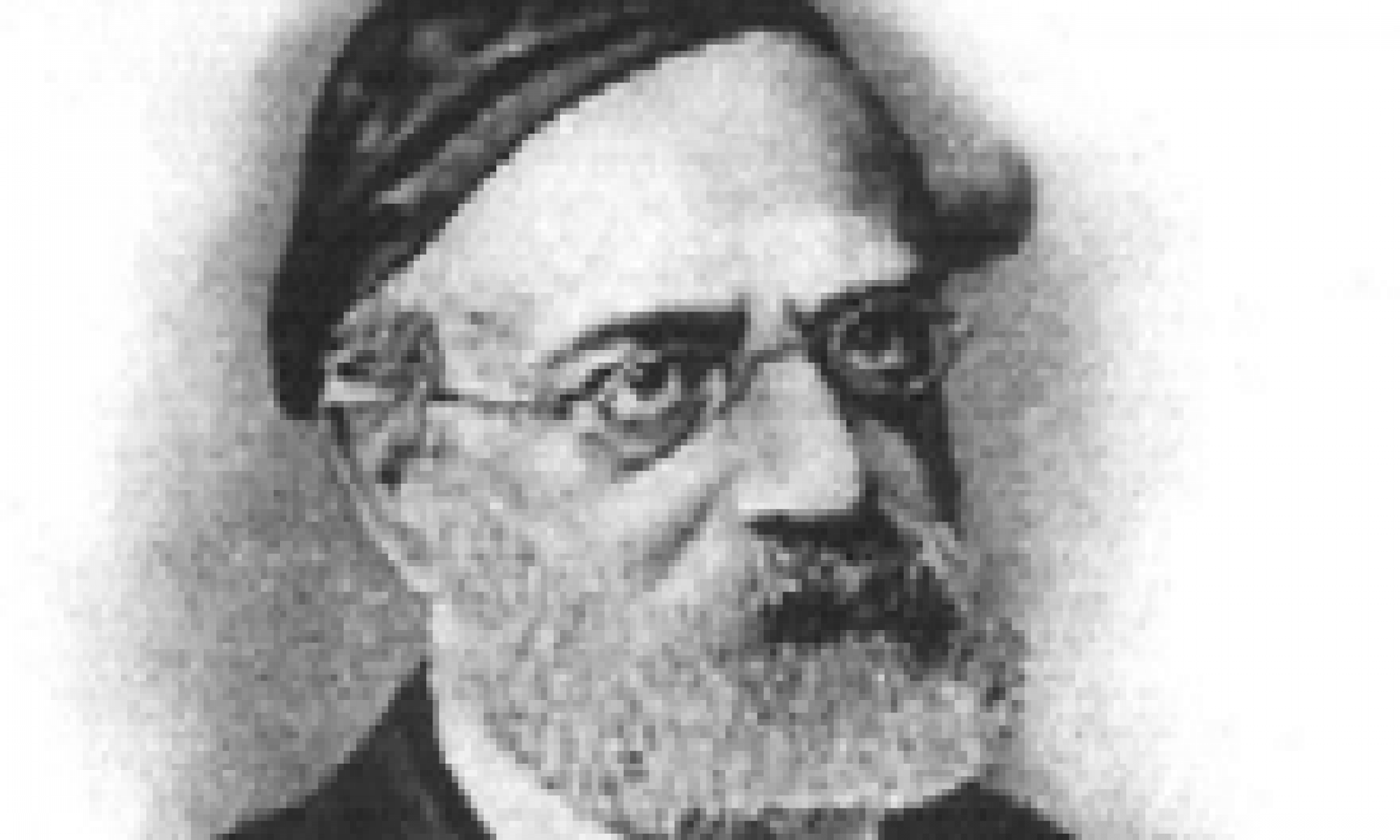מִכֹּל הַבְּהֵמָה הַטְּהוֹרָה תִּקַּח לְךָ שִׁבְעָה שִׁבְעָה אִישׁ וְאִשְׁתּוֹ וּמִן הַבְּהֵמָה אֲשֶׁר לֹא טְהֹרָה הִוא שְׁנַיִם אִישׁ וְאִשְׁתּוֹ
Of every pure animal you shall take seven pairs, the male and its mate, and of animals that are not pure you shall take two each, the male and its mate.
_____
What is the significance of Noach being instructed to take seven pairs of pure animals? (After all, man was only allowed to eat animals after the flood. The distinction about pure and not pure animals for food was giving to the Jews at Sinai.)
Here the distinction is made in regards to permissible animals to be used for sacrifices. The reason why only pure animals are permitted for Israel to eat and why only such animals may be used for sacrifices (brought by Jew and Noahides) is the same
The word טהור (pure) is related to the word צהר (which means transparent – a window that allows light to come through it). The Hebrew word for afternoon צהרים is טיהרא in Aramaic (a sister language GS). The opposite of טהור is טמא, something that doesn’t allow the light of God to come through.
The dietary laws are not given in order to keep us healthy. (Proof: We have an obligation to concern ourselves with the welfare of the גר תושב as stated in Vayikra 25:35 and Devarim 14:21, and yet the same Torah commands us to give forbidden food to the גר תושב.)
The animals that the Torah considers pure are receptive to human influence. They don’t require taming. It is in their nature to serve man’s purposes. Beastliness and passion don’t overwhelmingly predominate in them.
Only such animals are later permitted at Sinai to eat because they don’t dull Israels’ sensitivity or heighten sensuality which would diminish spirituality.
The early men who brought sacrifices were not savages. Adam, Hevel, Shais, Noach, Avraham, Yitzchak, Yaakov, David and Yeshayahu, etc. were all great men. None of them stood before a cruel and bloodthirsty god who enjoys dying animals and forgives peoples’ sins because he received a dying bull!
An offering was an expression of complete devotion. The blood spilled represented our own life’s dedication to following God’s Will. The various parts brought on the altar each symbolically represented the human bringing them and his devotion to God in every way; dedicating our limbs, eyes, hearts, bodies and even our the lowest desires of the body. All were to be dedicated to be לחם אשה השם – “to sustain the holy” on earth.
Only animals closest to man’s nature were suitable to represent man when he would bring such an animal.
Hirsch points out that the name of God used here is the name that signifies God’s concern with the education of man (י-ה-ו-ה). The reason for selecting these animals was to further mankind’s education.
Beraishis 7:5
pages 189-191

